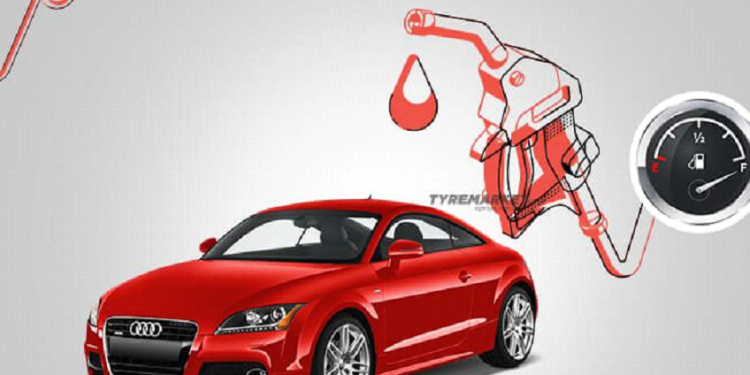Learn how to improve car fuel efficiency and save money at the pump. Discover practical driving habits, maintenance tips, and vehicle modifications for better gas mileage.
How to Improve Your Car’s Fuel Efficiency
With rising fuel prices and increasing environmental awareness, maximizing your car’s fuel efficiency is more important than ever. Fortunately, there are numerous steps you can take to improve car fuel efficiency, save money, and reduce your carbon footprint. This guide covers practical driving habits, vehicle maintenance tips, and even some modifications that can make a difference.
Driving Habits for Better Fuel Economy
Your driving style has a significant impact on fuel consumption. Adopt these habits to get the most out of every gallon:
⦁ Drive Smoothly: Avoid aggressive acceleration and hard braking. Smooth, gradual acceleration and deceleration are much more fuel-efficient.
⦁ Maintain a Steady Speed: Use cruise control on the highway to maintain a constant speed. Frequent speed fluctuations waste fuel.
⦁ Observe the Speed Limit: Higher speeds significantly increase wind resistance, which drastically reduces fuel economy. Driving at or below the speed limit is generally more efficient.
⦁ Anticipate Traffic: Look ahead and anticipate traffic flow. This allows you to coast to a stop rather than braking abruptly.
⦁ Avoid Excessive Idling: If you’re going to be stopped for more than a minute, turn off your engine. Idling wastes fuel and produces unnecessary emissions.
⦁
⦁ Plan Your Trips: Combine errands into a single trip to reduce unnecessary driving. Use navigation apps to find the most efficient routes.
Vehicle Maintenance for Optimal Fuel Efficiency
Regular maintenance is crucial for keeping your car running efficiently:
⦁ Proper Tire Inflation: Under-inflated tires increase rolling resistance, which reduces fuel economy. Check your tire pressure at least once a month and inflate them to the manufacturer’s recommended pressure (found on a sticker inside the driver’s side doorjamb or in your owner’s manual).
⦁
⦁ Regular Oil Changes: Use the correct grade of engine oil and change it according to your vehicle’s maintenance schedule. Clean oil lubricates the engine more effectively, reducing friction and improving fuel efficiency.
⦁ Clean Air Filter: A clogged air filter restricts airflow to the engine, reducing performance and fuel economy. Replace the air filter as recommended in your owner’s manual.
⦁ Tune-Ups: Regular tune-ups, including spark plug replacement and other maintenance tasks, can help keep your engine running at peak efficiency.
⦁ Wheel Alignment:⦁ Proper wheel alignment reduces rolling resistance and improves fuel economy.
Vehicle Modifications (Consider Carefully)
While some modifications can improve fuel efficiency, it’s essential to weigh the costs and benefits:
⦁ Low Rolling Resistance Tires: These tires are designed to minimize rolling resistance, potentially improving fuel economy by a small percentage.
⦁ Aerodynamic Improvements: While less common on everyday vehicles, aerodynamic modifications like spoilers or underbody panels can reduce drag at higher speeds.
⦁ Weight Reduction: Removing unnecessary weight from your car can improve fuel efficiency, but be practical and safe about it.
By adopting these driving habits, performing regular maintenance, and potentially considering some minor modifications, you can significantly improve car fuel efficiency. Not only will you save money on gas, but you’ll also reduce your environmental impact.
What other fuel-saving tips do you use? Share them in the comments below!




